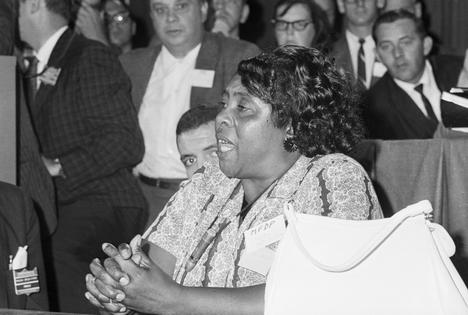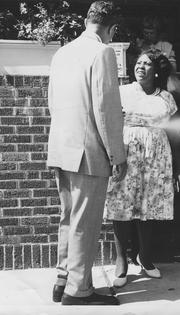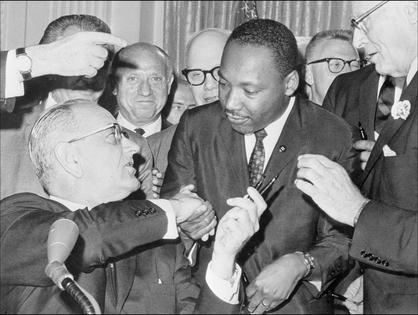Why civil rights icon Fannie Lou Hamer was ‘sick and tired of being sick and tired’
Published in Political News
It wasn’t called voter suppression back then, but civil rights activist Fannie Lou Hamer knew exactly how white authorities in Mississippi felt about Black people voting in the 1960s.
At a rally with Malcolm X in Harlem, New York, on Dec. 20, 1964, Hamer described the brutal beatings she and other Black people endured in Mississippi in their fight for civil and voting rights.
A year earlier, in June 1963, Hamer and several of her friends attended a voter education training workshop in Charleston, South Carolina. On their way back to Mississippi, the bus driver called the police to remove Hamer and her colleagues from the whites-only section of the bus where they had been sitting.
When they stopped in Winona, Mississippi, local police were waiting and promptly arrested them for disorderly conduct.
While in jail, Hamer told the Harlem rally, “I began to hear the sounds of licks and I began to hear screams. I couldn’t see the people, but I could hear them. … They would call her awful names. And I would hear when she would hit the floor again.”
After a while, Hamer said, she saw a friend pass her cell.
“Her clothes had been ripped off from the shoulder down to the waist,” Hamer said. “Her hair was standing up on her head. Her mouth was swollen and bleeding. And one of her eyes looked like blood. … And then three men came to my cell.”
Hamer was beaten, too, and sustained injuries that left her with lifelong injuries to her eyes, kidneys and legs. The experience also left her with little choice but to fight back. And fight she did, until her death at the age of 59 on March 14, 1977.
The rally in Harlem was organized to support the political party that Hamer co-founded in 1964 as part of Freedom Summer, which saw hundreds of college students travel to Mississippi and other Southern states to help register Black people to vote.
The Mississippi Freedom Democratic Party was a racially integrated alternative to the state’s segregationist Democratic Party. Hamer was elected vice-chair of the party and also ran for a seat in the U.S. House of Representatives. In addition to Hamer’s congressional campaign, one of her party’s main goals was to block the seating of the state’s five pro-segregation U.S. congressmen.
...continued













Comments